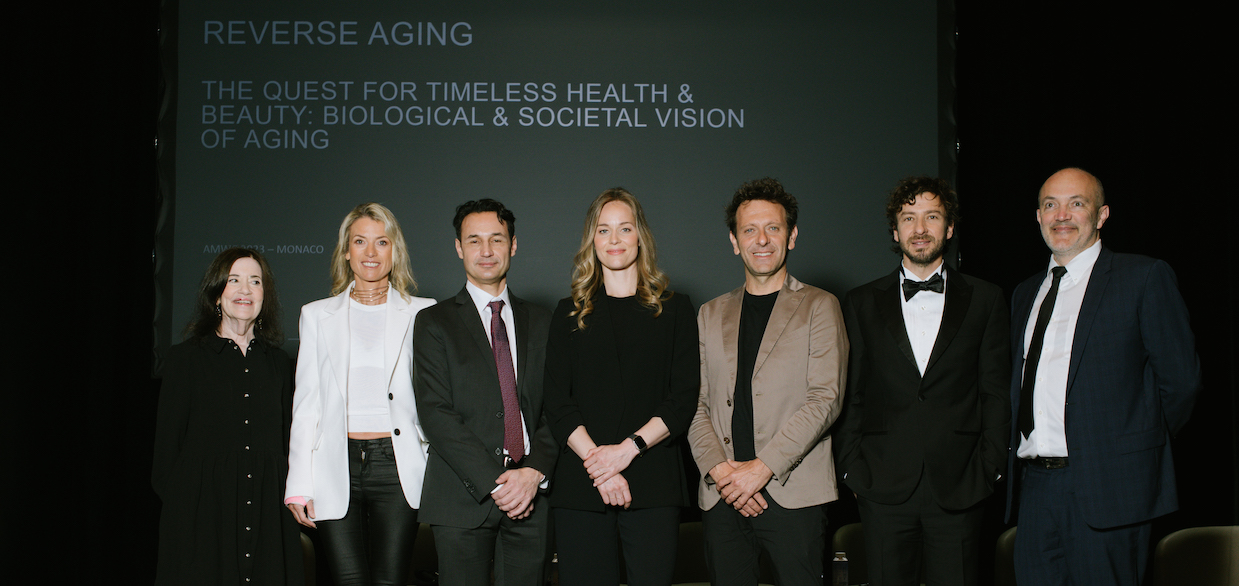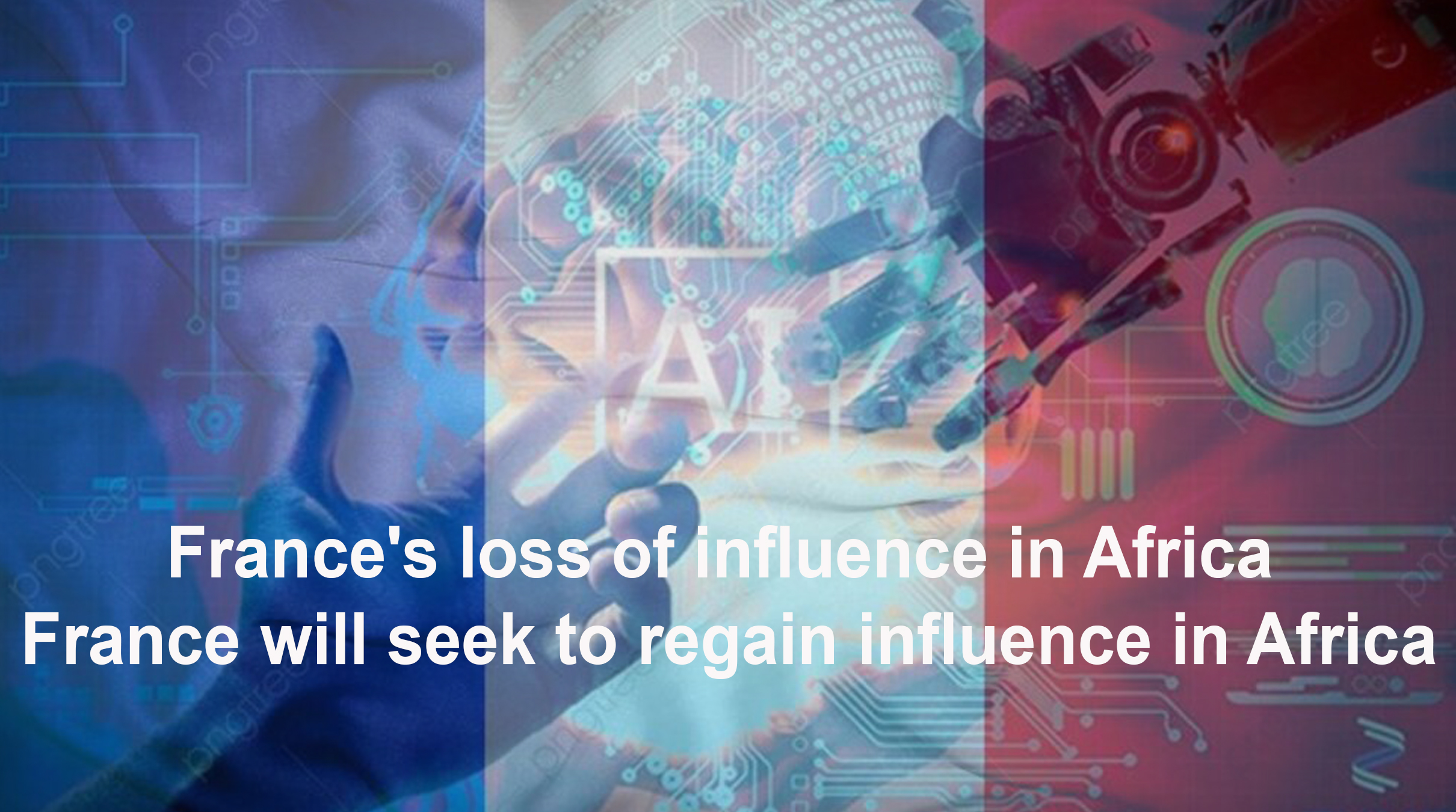LVMH’s head of research: ‘What matters for Dior is to invent and be a pioneer in beauty’
Reverse aging research is all the rage, with medical companies and now beauty brands exploring how to tap into a newer and more advanced concept than anti-aging.
Most recently, Dior Beauty stepped into the spotlight with its late-March announcement at the 21st Aesthetic and Anti-Aging Medicine World Congress in Monaco that it had established an International Reverse Aging Scientific Advisory Board. Comprising the board are 600 researchers and 18 experts, including Dr. Nicola Neretti, a biologist at the Institute for Brain & Neural Systems at Brown University, and Dr. David Furman, the director of the 1000 Immunomes Project at Stanford University. Dior’s own research will add to the knowledge base on aging science around stem cells, inflammation and cell communication. The idea is to better understand the 12 signs of aging, including genomic instability, epigenetic changes, stem cell fatigue and chronic inflammation. It will then weave that knowledge into skin-care product innovations to reverse these signs, according to Bruno Bavouzet, evp of R&D at LMVH, who oversees all beauty brands including Dior, Givenchy, Fresh and Benefit Cosmetics.
“Our No. 1 goal is understanding the different path [around aging], from a biological standpoint. With time, we will make discoveries on the real mechanisms that accelerate aging,” he said. “No. 2 is to identify the potential actions that we can have through cosmetic [products] and how can we can [reverse] the biological age.”
Bavouzet spoke with Glossy further about the concept of reverse aging, including why Dior is exploring the topic, what can be gained with the new advisory board and what a “collective intelligence approach” means. This interview has been lightly edited and condensed for clarity.
What does ‘reverse aging’ mean?
“When we talk about reverse aging, basically what we know is that chronological age is different from biological age. That means that if you are 40- or 50-years-old, that definitely is your chronological age, but your biological age and the age of your cells can be different. We know in medicine that you can reverse your biological age by adding good health practices. What we don’t always understand is the mechanisms of these aging processes and how they are connected to each other. The first stage [of our research] is to better understand the underlying mechanisms, with all their biological complexity, and why we are aging differently.
Reverse aging starts with the 12 hallmarks of aging. Historically, anti-aging people used to work on one approach, perhaps it was stem cells or polymers, et cetera. But we believe the best approach [to reverse aging or anti-aging] is a holistic approach. But that can be complex. Because there has been progress in biological discoveries and big data, we are able to [process] complex information.”
What is the board’s purpose and what does it do?
“We believe [the field of] reverse aging is impacted by very different biological mechanisms. And we believe that we need to have all the people in different fields work together, exchange information and build bridges between topics. We are working on reverse aging internally, obviously, but we want to accelerate that [research], meaning that we need more insights, from a scientific standpoint, on discoveries, [as well as] more data, and more experience. The board is advising us on our research. It will regroup several times a year. But throughout the year, we might also have continuous exchanges on specific topics with around four people. It’s about building what I would call a ‘collective intelligence approach,’ meaning that we are grouping all these people who are experts on the human body, while we [Dior] work on the skin. Not all of them are skin experts, but they can help us translate some research on different [scientific] topics to the skin, as well.”
Why is Dior Beauty the right LVMH brand for this research?
“Dior has always been science-focused. Dior was the first brand back in the 1980s to launch liposomes in the skin-care industry. That’s really something that was important at the time with big effects. It’s true that when you think about Dior, you obviously think about fashion and makeup. But Dior has always been thinking about and integrating the idea of how to make women happier. At an early stage [in the brand’s history] it started to launch skin-care products that were acting on the transformation of the skin. What matters for Dior is to invent and be a pioneer in beauty, as it has in the fashion industry.”
What has spurred this reverse aging focus?
“There is a continuity from what has historically been the focus of anti-aging. The topic is also led by medicine. There has been a lot of progress in medicine and many therapies, like stem cells which are considered the ‘mother cell,’ … and trying to apply the same science to cosmetics. Obviously, we cannot do exactly the same thing. But when we started to work about 10-15 years ago on the microbiome of the skin, we got inspiration from work that was focused on [gastrointestinal science]. It is a pretty similar approach we are conducting here with reverse aging.”





